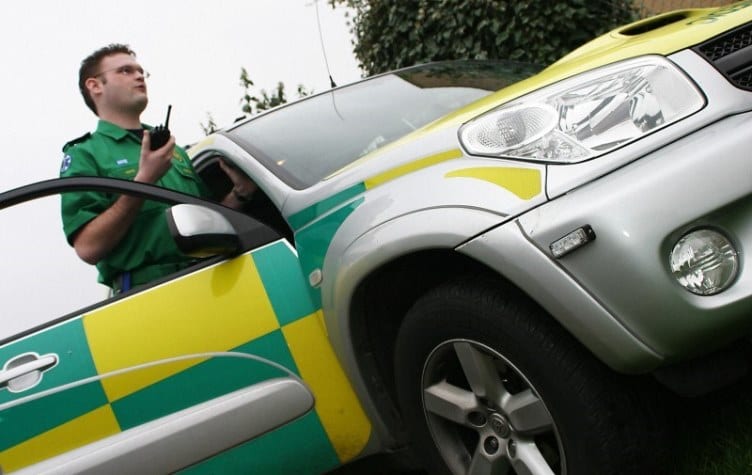Despina Laparidou presents Scaling up PINCER at ISQua 2017

Despina Laparidou, Research Assistant at CaHRU, together with Antony Chuter, a patient representative for Scaling Up PINCER (pharmacist-led information technology intervention for reducing clinically important errors) recently attended the International Society for Quality in Health Care (ISQua) Conference at the Continue reading Despina Laparidou presents Scaling up PINCER at ISQua 2017




